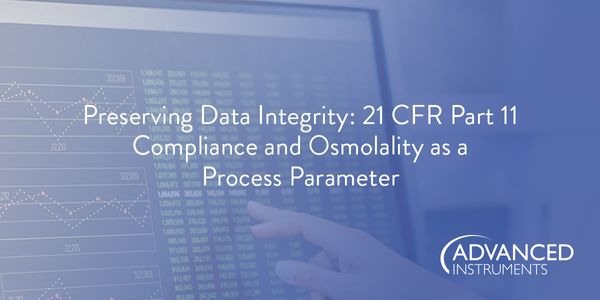DEC 11, 2019 | 7:00 AM
DATE: December 11, 2019TIME: 7:00am PST, 10:00am EST An important part of the biopharma industry, Plasmid DNA is used as a gene-delivery vehicle for DNA vaccination and as a key...
DEC 10, 2019 | 7:00 AM
DATE: December 11, 2019 TIME: 7:00am PST, 10:00am EST Rapid growth in the cell and gene therapy industry has generated an urgent need for robust analytics around characterization of both vec...
DEC 05, 2019 | 9:00 AM
DATE: December 5, 2019TIME: 9:00am PST, 12:00pm EST Characterization of the spatial distribution and abundance of proteins and mRNAs with morphological context within tissues e...
DEC 04, 2019 | 7:00 AM
DATE: December 4, 2019TIME: 7:00am PST, 10:00am EST, 4:00pm CET Do you know how it feels when you just quickly want to redo an experiment that your colleague did, or an experim...
NOV 18, 2019 | 7:00 AM
DATE: November 18, 2019TIME: 7:00am PST, 11:00am EST, 4:00pm CEWT How often do you pipette in your cell culture lab every day? Usually, we do it so often that we tend stop th...
NOV 07, 2019 | 10:00 AM
DATE: November 7, 2019TIME: 10:00am PST, 1:00pm EST Studying the pathogenesis of diabetes requires detailed analysis of the pancreatic islet microenvironment and its numerous c...
NOV 07, 2019 | 9:00 AM
DATE: November 7, 2019 TIME: 9:00am PST, 12:00pm EST In collaboration with Hematherix and Thermo Fisher, Dr. Laurent Mosnier is investigating a new treatment for acute traumatic bl...
The efficacy of current influenza antiviral drugs is compromised by emerging drug resistance. To address this unmet medical need, we have made progress in developing novel influenza antiviral...
OCT 22, 2019 | 9:00 AM
DATE: October 22, 2019 TIME: 9:00am PDT, 12:00PM EDT...
Accumulation of structural variations (SVs) across the genome is a known trigger factor for oncogenesis. Structural mutations have been clearly implicated in a number of cancers, most notably...
























